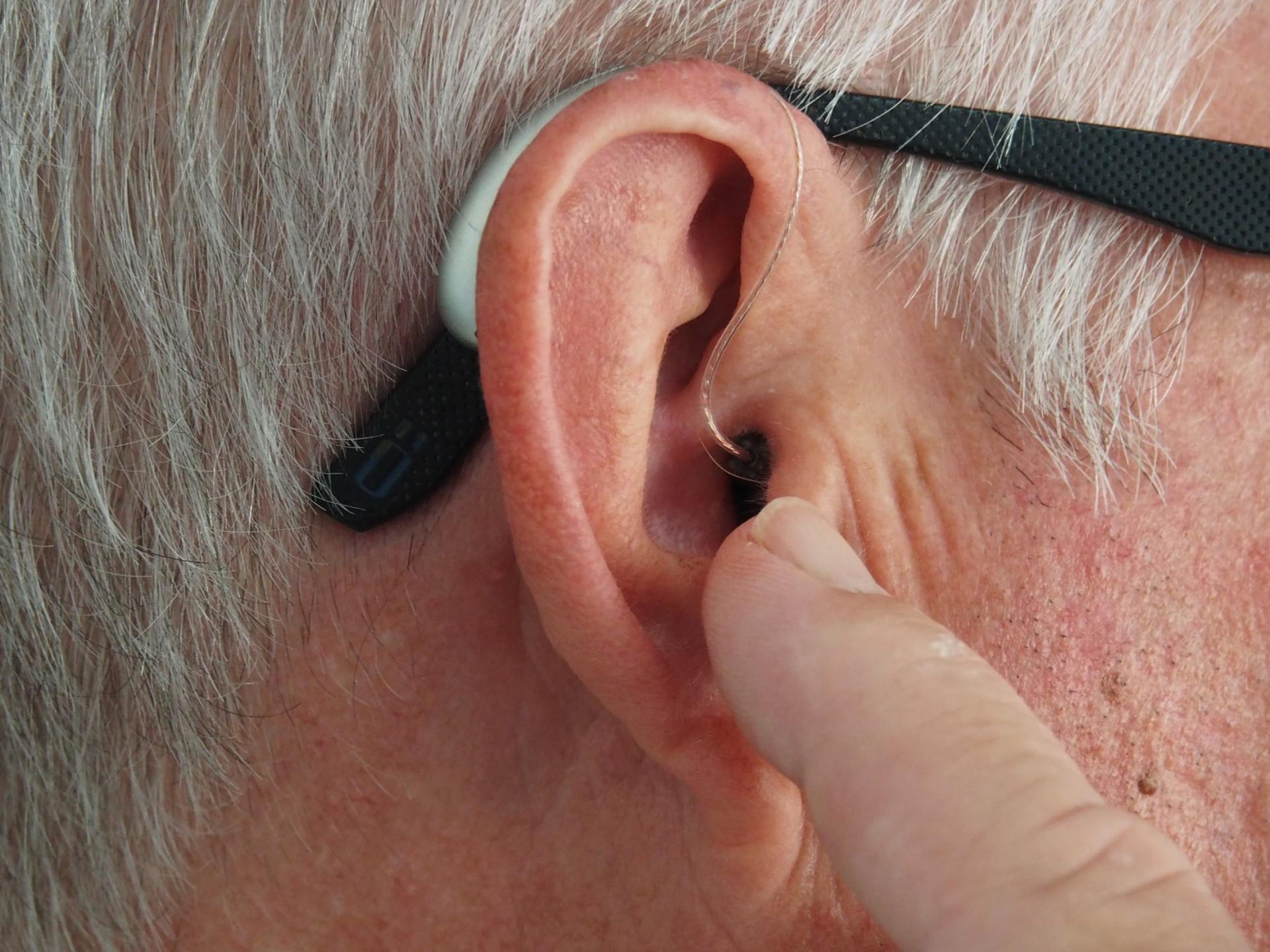Bipolar Disorder & SSD
September 2, 2020
Qualifying for Disability Benefits If You Have Bipolar Disorder

Bipolar disorder is a mood disorder that affects millions of American adults - as many as 2.8% of the adult population, according to the National Institute of Mental Health. Symptoms vary from person to person, but the highlight of the disorder is dramatic, pronounced shifts in moods, varying between high-intensity “manic” episodes and low-energy “depressive” episodes.
Experiencing these shifts can make it very difficult to hold down a standard 40-hour-per-week job. Patients in manic phases may partake in risky behavior that managers frown upon, while those in depressive phases may be too depressed to even go into work. Severe symptoms may even require hospitalization several times per year.
But even though bipolar disorder makes it difficult to keep a job, simply having it isn’t enough to qualify most patients for Social Security Disability (SSD) benefits. Patients with this disorder have to prove that they are so impaired that they cannot work. This isn’t easy to do on your own, particularly if you have your hands full simply trying to manage the disorder.
Luckily, Diane S. Hinman Attorney at Law is here to help. We’ve assembled a few tips below that can help you put yourself in the best possible position to qualify for SSD if your disorder renders you unable to work. Read below to learn more.
1) Get treatment for your disorder.
The Social Security Administration has a very simple view of bipolar disorder: if a patient isn’t being treated for it, they assume the disorder isn’t severe. So the best thing you can do for your quality of life and ability to qualify for benefits is to get treatment from a qualified mental health professional. If cost is an issue, look for free clinics or ones with sliding scale fees.
2) See if you satisfy the listing requirements.
Bipolar disorder is included in the Social Security Administration’s Blue Book as a qualifying disorder. In order to qualify for benefits, you must prove that you meet the listing criteria. See them here. Of course, simply saying that you experience these symptoms is not enough; you’ll need to back up that statement with proof from mental health professionals or other documentation.
3) Work with a disability lawyer.
Qualifying for SSD is difficult at the best of times. It’s even more difficult if you are trying to manage a life-altering disorder that makes many of the things essential for pursuing an SSD claim
- like retaining information, concentrating on fine details, and meeting deadlines - difficult. That’s why it’s so important to work with a disability lawyer. A skilled attorney can guide you through the process, assist you with the paperwork, and help you make the best possible case to the Social Security Administration so you can receive the benefits to which you are entitled.
If you live in the Western New York area (including Buffalo, NY; Amherst, NY; Cheektowaga, NY; Clarence, NY; Lancaster, NY; Niagara Falls, NY; Orchard Park, NY; West Seneca, NY; or Tonawanda, NY) and are struggling with bipolar disorder, contact Diane S. Hinman Attorney at Law today. Our team would be proud to help you explore your options and fight so you can qualify for benefits. You don’t have to face this disorder and the Social Security Administration alone. Call today
to get started.










